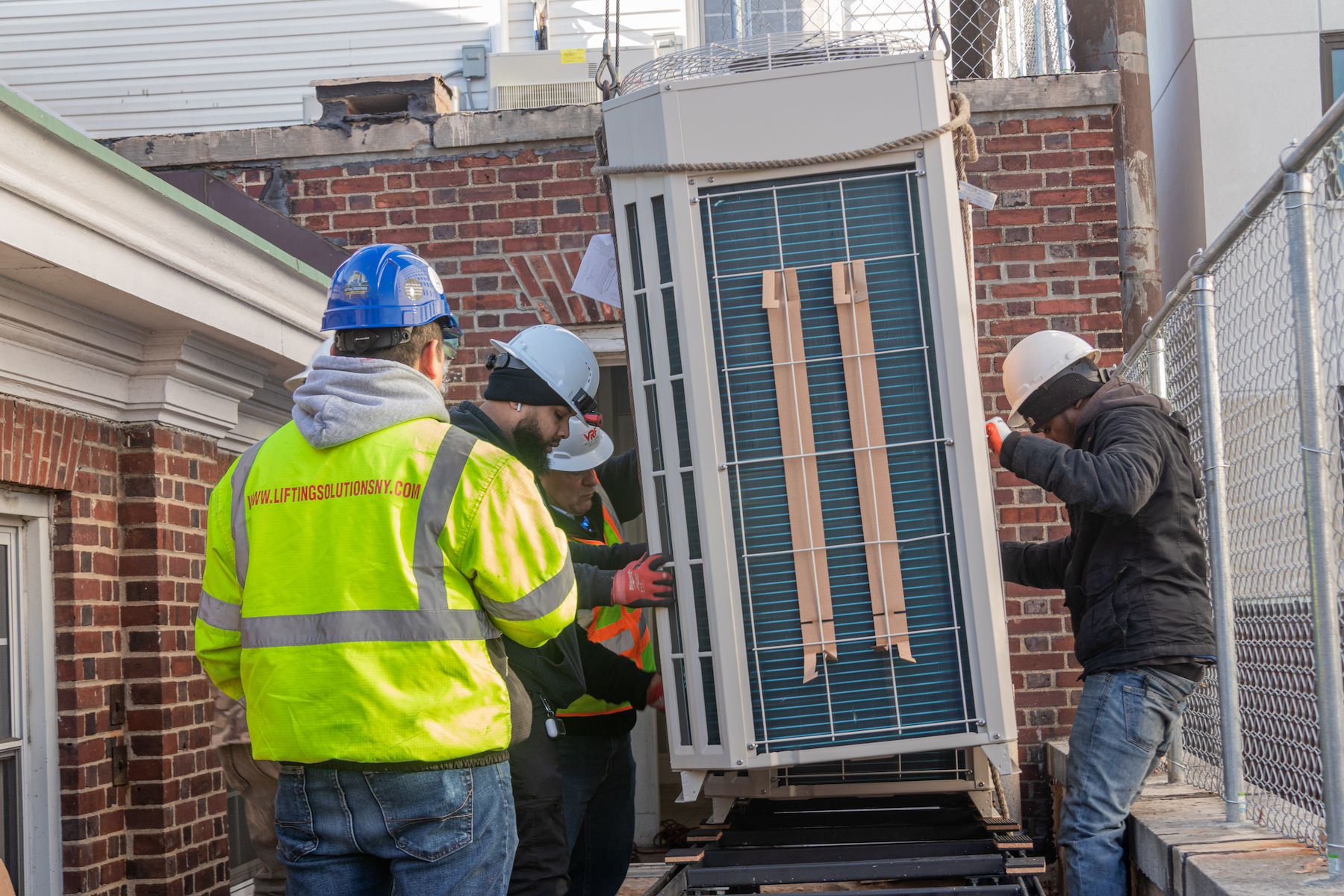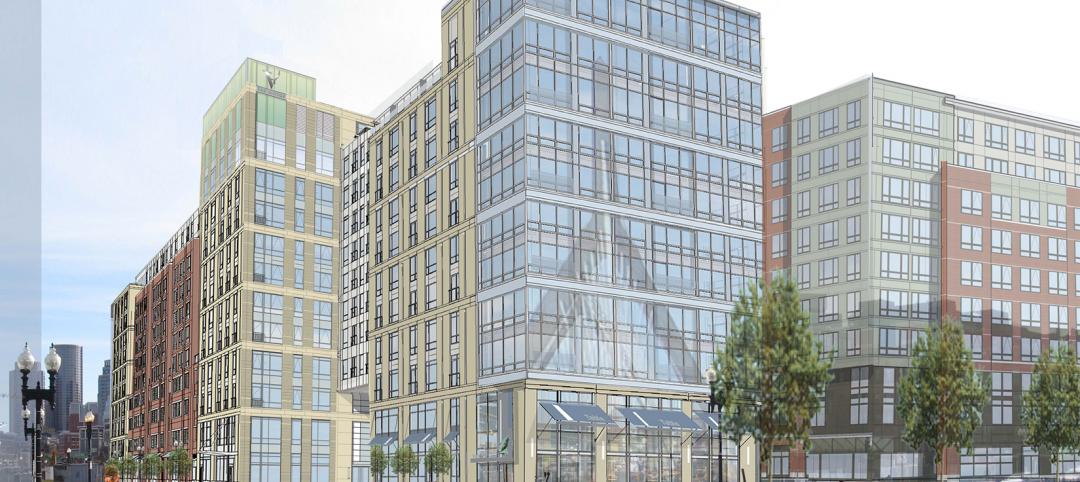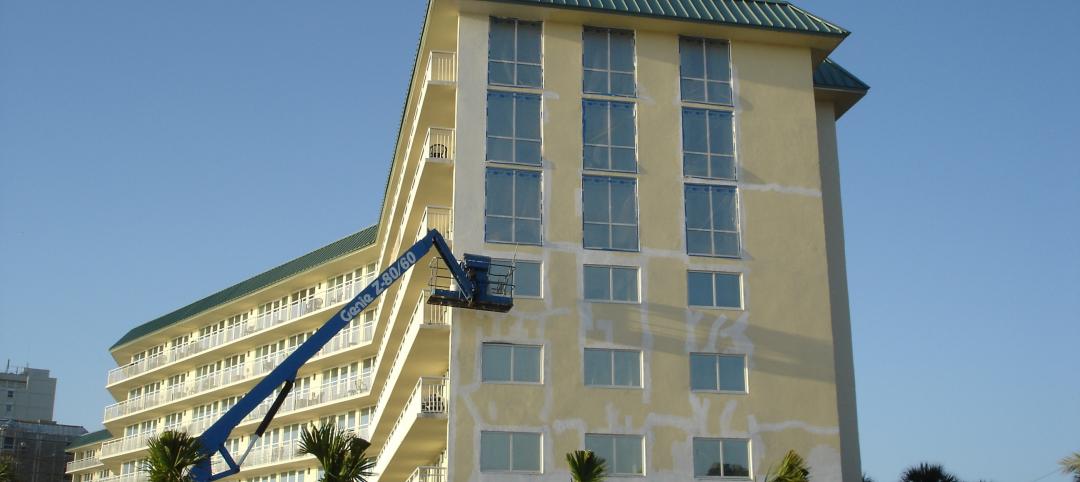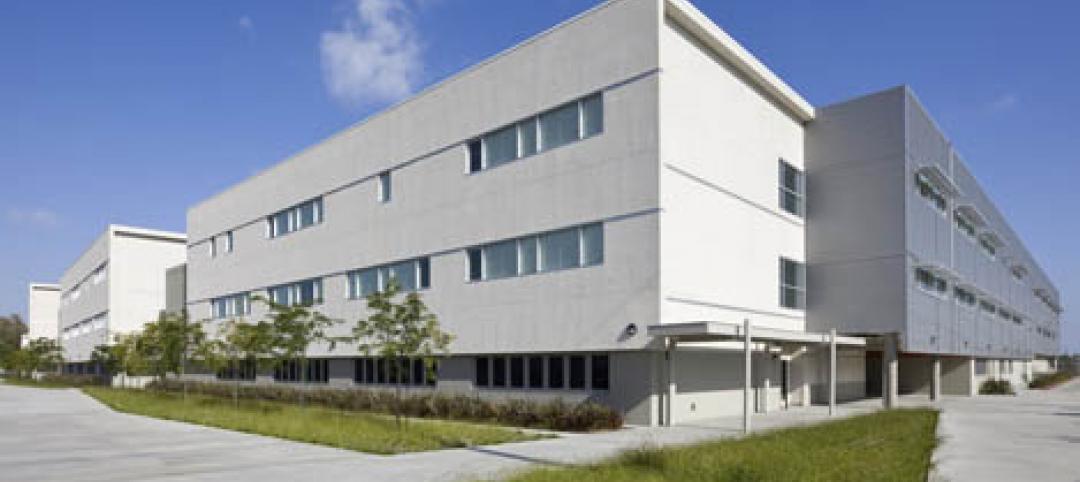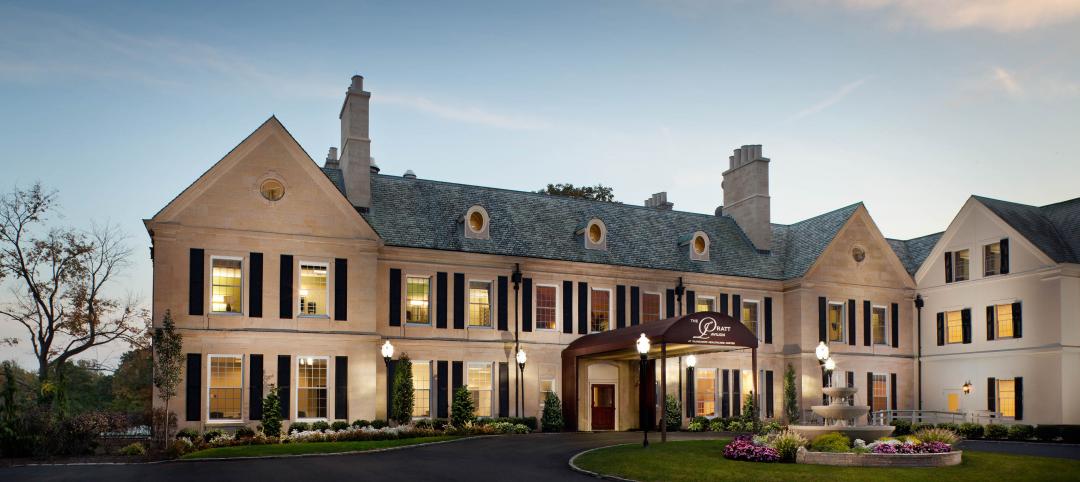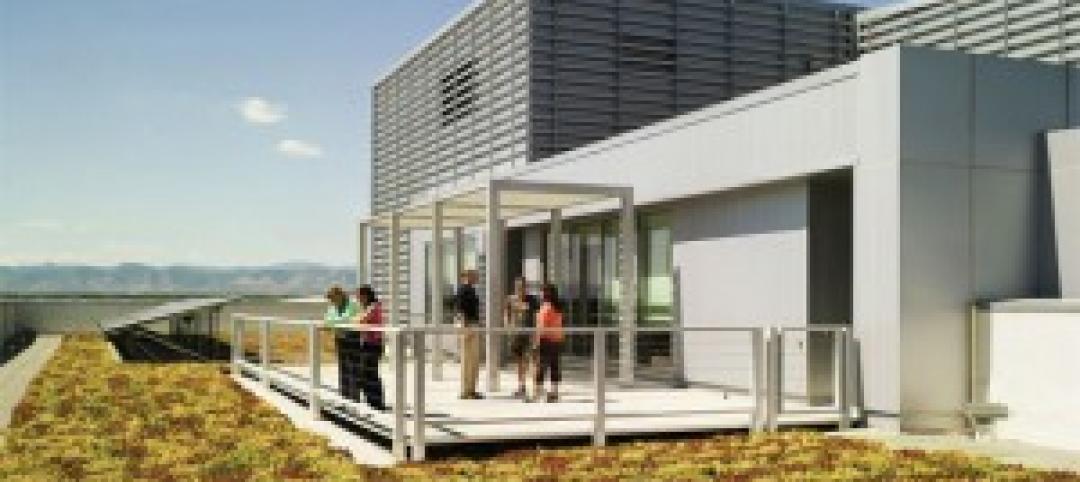Conversations about creating more efficient homes often revolve around new construction. But what about the many more buildings that already exist? Residential and commercial buildings account for 13% of greenhouse emissions in the U.S. That’s precisely what BlocPower aims to address.
BlocPower electrifies and decarbonizes buildings—mostly by replacing oil- and gas-based furnaces, boilers, and other products with all-electric heating, cooling, and hot-water systems. Founded by Donnel Baird in 2014, the Brooklyn, N.Y.-based company works with building owners and city governments to make buildings greener and healthier. As of April, BlocPower had raised over $100 million, including over $50 million from Goldman Sachs and $30 million from Microsoft’s Climate Innovation Fund.
In what BlocPower calls the “first large-scale city electrification initiative,” the company plans to electrify all 6,000 buildings in the city of Ithaca, N.Y. If successful, BlocPower will reduce Ithaca’s annual carbon dioxide emissions by 40%. BlocPower has a similar agreement with Menlo Park, Calif., where the company will help electrify over 10,000 homes and buildings by 2030.
WHOLE-HOME ELECTRIFICATION OF RETROFITS
“BlocPower is turning every home into the equivalent of a Tesla,” Fast Company announced earlier this year, ranking BlocPower #4 on its list of the most innovative companies in the world. Time called BlocPower one of the world’s most influential companies.
BlocPower provides a turnkey service. First, for each building, the company identifies the energy-efficiency solutions that would have the greatest impact. BlocPower then presents the building owner with its list of possible measures and an analysis of their impact. “We show building owners the costs and the benefits of these green-efficiency projects,” says Maria Carrillo, project operations manager, BlocPower. The company’s retrofits save 20% to 40% on energy bills annually, Carrillo says.

Once the owner picks the solutions they want, BlocPower finances the project, typically through a 15-year lease without a down payment, and competitively bids out the work to contractors who can execute green projects. The lease covers the upfront costs—design, materials, and labor—as well as BlocPower’s ongoing maintenance of the equipment. “We wrap in a lot of benefits into the lease option to make clean energy more accessible to building owners,” Carrillo says.
The main green tech that BlocPower provides? Electric air-source heat pumps. The confusingly named heat pump, popular in parts of Asia and Europe but much less so in the U.S., doesn’t just heat a home but also cools it. In the summer, air-source heat pumps suck out and cool hot air in the home, and in the winter, they grab and warm heat energy from the outside air. “Heat pumps are at the core of most of our building projects,” Carrillo says. “They deliver the most bang for the buck when it comes to efficiency and overall impact on the building.”
BlocPower’s other offerings include electric water heaters, solar panels, air sealing, electric stoves, highly insulated building envelopes—and the electrical upgrades that almost all buildings need for many energy-efficiency solutions to work.

So far, BlocPower has electrified over 1,200 buildings, mostly single-family and multifamily homes primarily in low- and moderate-income communities, though the company also has worked on commercial buildings and houses of worship.
The company’s biggest challenge is one shared by many in the construction industry: the labor shortage. For BlocPower, the worker shortage is exacerbated by the fact that it needs laborers with green-construction knowhow. “The biggest barrier we have is the green workforce that actually constructs these projects. There’s a lack of workforce and skill. And it’s very fragmented,” Carrillo says. On each project, BlocPower often works with four to six different companies, each with its own specialty. “We’re limited by the contractors across the country that can pick up the work and have the skills to green these buildings.”
To help address that challenge, BlocPower, in partnership with the City of New York, has created a workforce development agency called Civilian Climate Corps. Based in New York, the agency builds and trains a pipeline of up to 1,500 workers who come from areas impacted by higher rates of gun violence. These individuals learn in the classroom and on the job, gaining the skills and certifications they need. Hopefully, Carrillo says, they will continue to work in green construction, perhaps as BlocPower’s contractors.
Related Stories
| Nov 22, 2011
New Green Matters Conference examines emerging issues in concrete and sustainability
High-interest topics will be covered in technical seminars, including infrared reflective coatings for heat island mitigation, innovative uses of concrete to provide cooling and stormwater management, environmental benefits of polished concrete, and advancements in functional resilience of architectural concrete.
| Nov 15, 2011
Suffolk Construction breaks ground on the Victor housing development in Boston
Project team to manage construction of $92 million, 377,000 square-foot residential tower.
| Nov 8, 2011
Transforming a landmark coastal resort
Originally built in 1973, the building had received several alterations over the years but the progressive deterioration caused by the harsh salt water environment had never been addressed.
| Nov 4, 2011
CSI and ICC Evaluation Service agree to reference GreenFormat in ICC-ES Environmental Reports?
ICC-ES currently references CSI's MasterFormat and other formats in all of its evaluation reports. The MOU will add GreenFormat references.
| Nov 4, 2011
McCarthy completes construction of South Region High School No. 2 in Los Angeles
Despite rain delays and scope changes, the $96.7 million high school was completed nearly two-months ahead of schedule.
| Nov 2, 2011
John W. Baumgarten Architect, P.C, wins AIA Long Island Chapter‘s Healthcare Award for Renovation
The two-story lobby features inlaid marble floors and wood-paneled wainscoting that pays homage to the building’s history.
| Oct 25, 2011
Commitment to green building practices pays off
The study, conducted by the Pacific Northwest National Laboratory, built on a good indication of the potential for increased productivity and performance pilot research completed two years ago, with similarly impressive results.
| Oct 20, 2011
UNT receives nation’s first LEED Platinum designation for collegiate stadium
Apogee Stadium will achieve another first in December with the completion of three wind turbines that will feed the electrical grid that powers the stadium.
| Oct 20, 2011
Stellar hires Navy veteran Taylor as vice president
Stellar’s federal experience includes military exchanges (large retail stores on military bases), lodging facilities for military personnel, fuel stations, youth activities centers and recreational centers.
| Oct 19, 2011
System for installing grease duct enclosures achieves UL listing
Updated installation results in 33% space savings.


